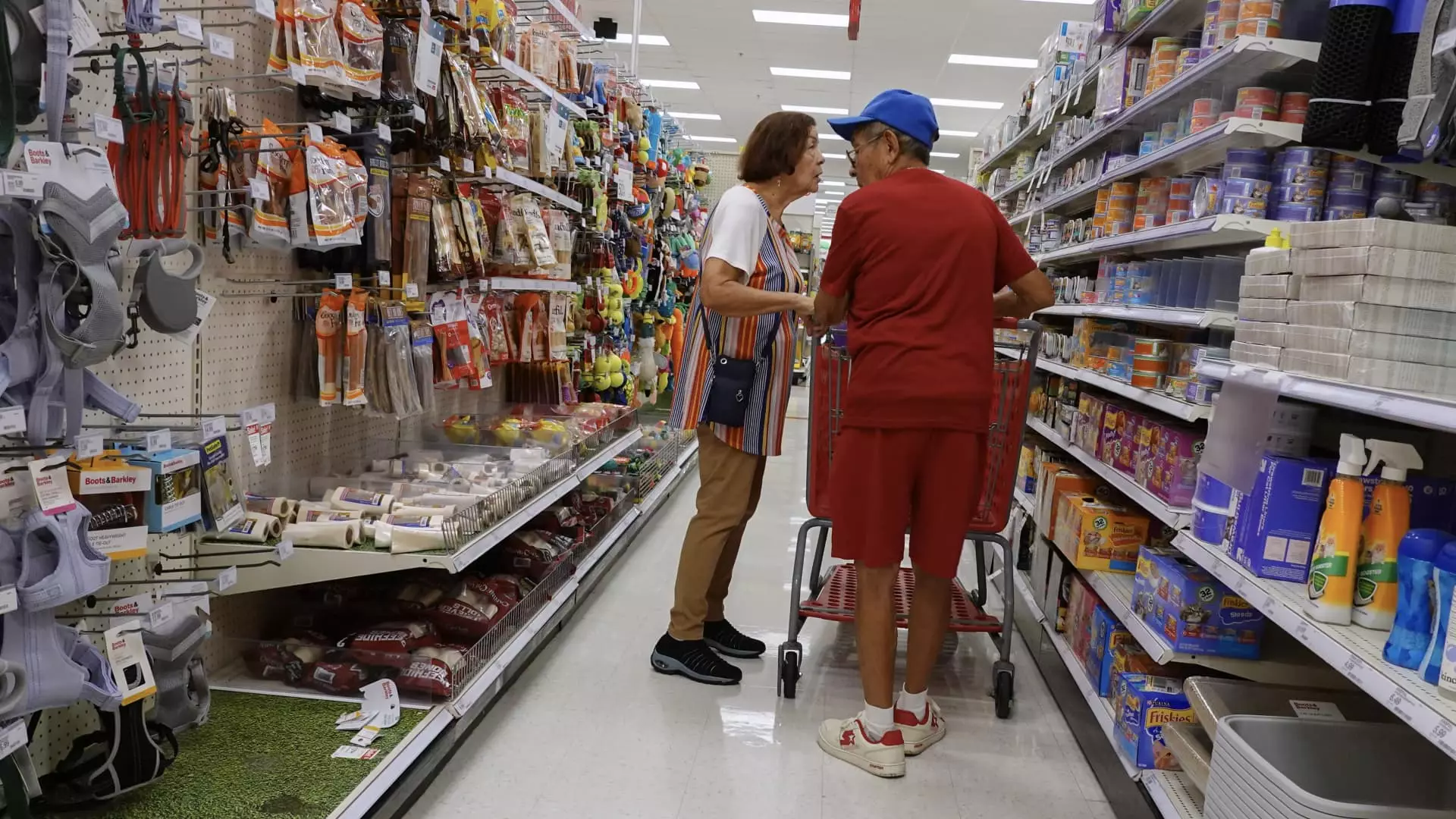The current state of the U.S. economy is a topic of much debate and discussion among Americans. Despite various measures indicating a strong economy, a significant portion of the population believes that the country is in the midst of a recession. According to a recent survey conducted by Affirm, approximately 3 out of 5 Americans perceive the U.S. as being in a recession. Many of these respondents pinpoint the beginning of the recession to around 15 months ago, in March of last year, with expectations that it may continue until July of 2025. The main reasons cited for this perception include higher costs of living and increased difficulty in making ends meet.
Persistent inflation has had a profound impact on households across the country. With prices soaring, consumers are feeling the financial strain. Vishal Kapoor, senior vice president of product at Affirm, highlighted the urgency with which consumers are seeking ways to regain control of their finances amidst dwindling confidence in the U.S. economy. A separate poll conducted by Guardian/Harris also revealed that 56% of respondents believe the country is in a recession, despite the fact that the gross domestic product (GDP) has been steadily increasing in recent years.
While the economy may be flourishing in some aspects, many Americans are facing significant financial hardships. Skyrocketing prices of everyday items, coupled with depleted savings, have forced individuals to rely heavily on credit cards to make ends meet. Economists have noted a growing disparity between the economic performance of the country and the financial well-being of its citizens. This phenomenon has been termed a “vibecession” by Joyce Chang, JPMorgan’s chair of global research. Chang pointed out that wealth creation has been concentrated among homeowners and upper-income brackets, leaving a substantial portion of the population excluded from economic gains.
As households struggle to keep up with rising prices and interest rates, there are clear signs of financial strain. A notable increase in the number of consumers falling behind on their credit card payments has been observed. According to a report by the New York Fed, approximately 8.9% of credit card balances transitioned into delinquency over the past year. This trend underscores the financial challenges faced by a significant portion of the population, despite the overall positive economic indicators.
The perception of the U.S. economy as being in a recession highlights the disconnect between economic data and the lived experiences of many Americans. While the country may be experiencing growth in certain sectors, a large segment of the population is grappling with financial difficulties and debt. It is essential for policymakers and economists to address these disparities and implement strategies to ensure that economic prosperity is more equitable and accessible to all members of society.

